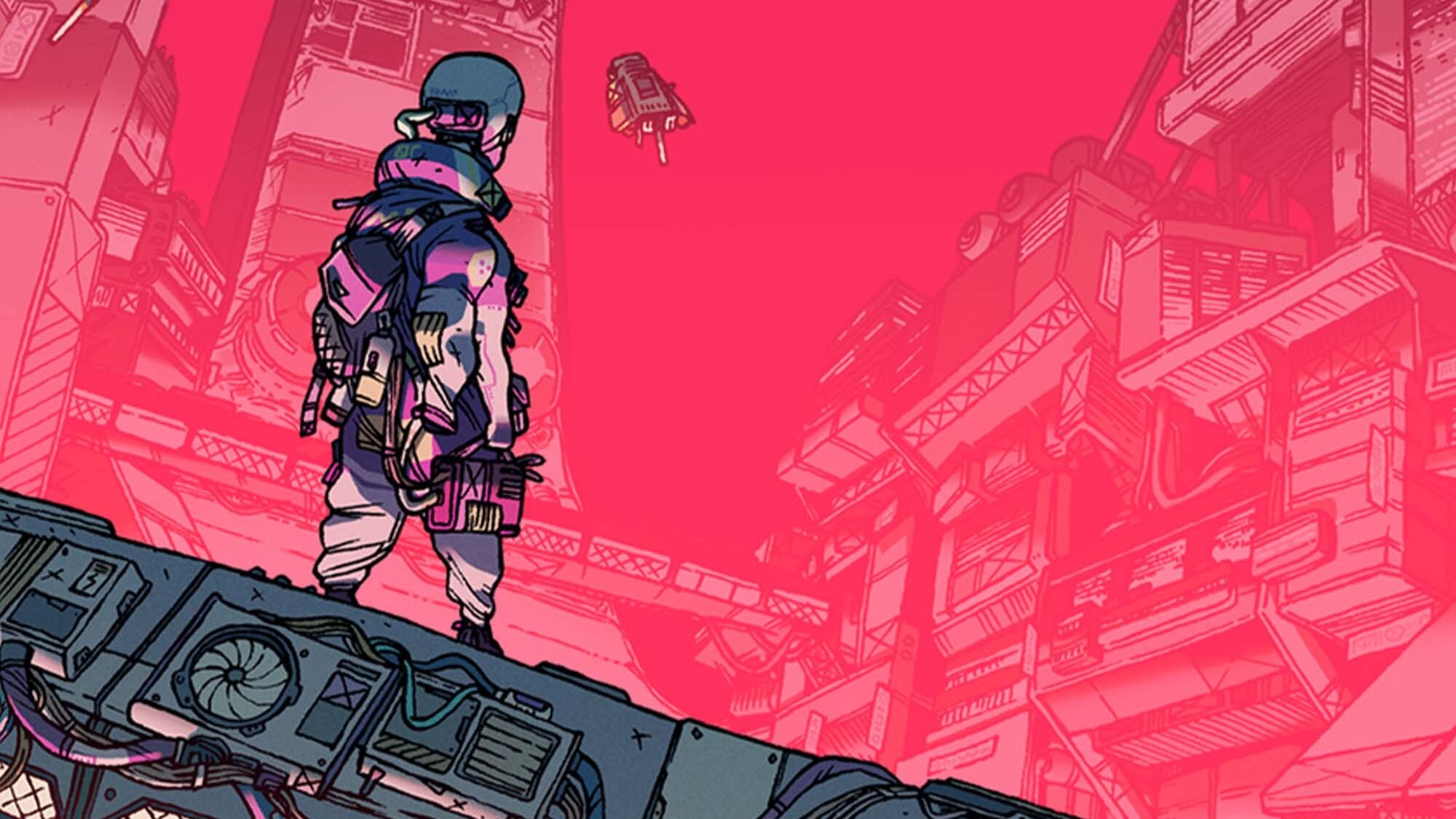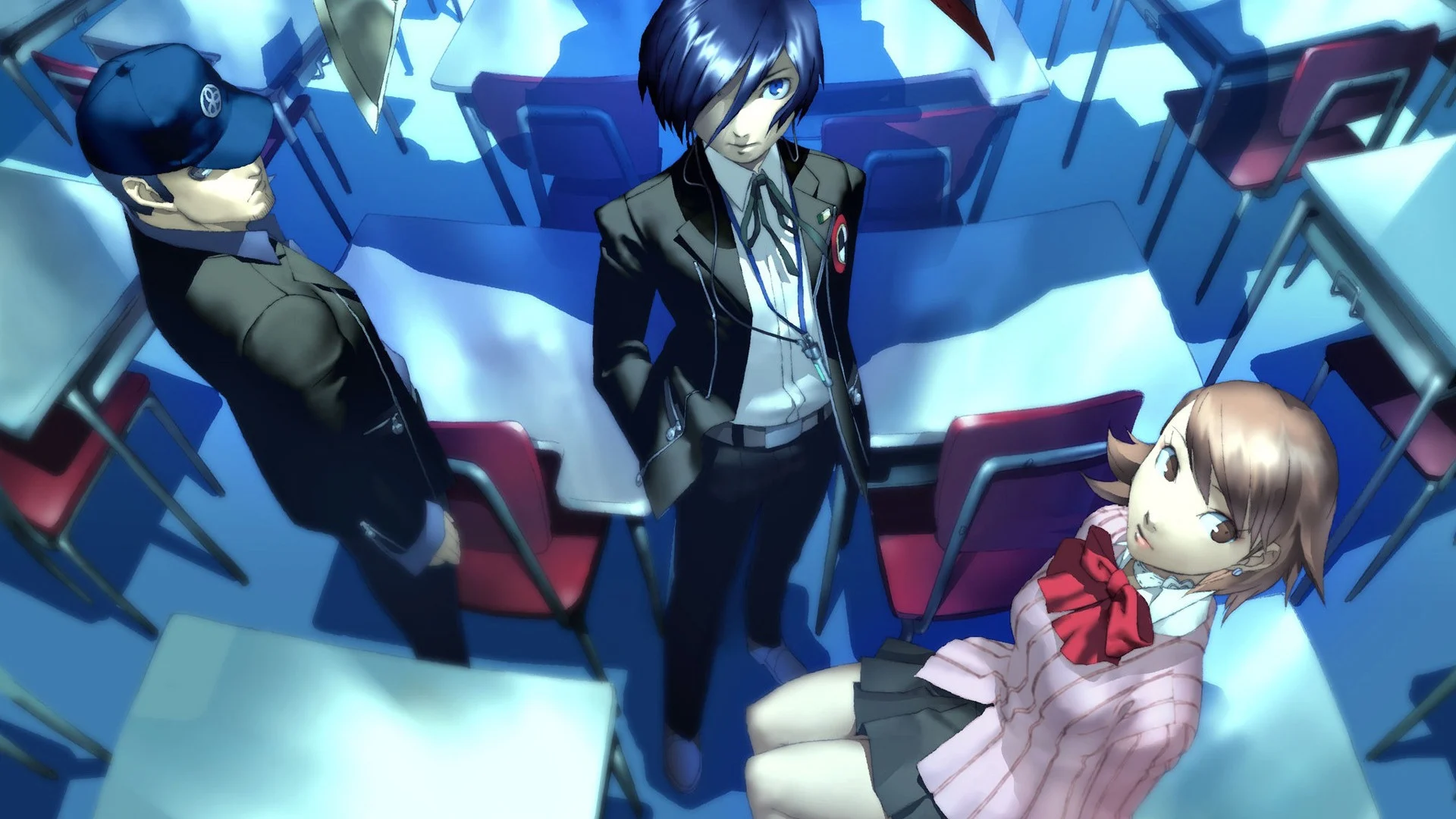Features
Games That Changed Our Lives: ‘BioShock’ & the Art of Story Building
The majority of first person shooters aren’t widely renowned for their enthralling narratives. Unlike their cousins, the RPG, they tend to focus far more heavily on the exciting, awe-inspiring combat that makes players feel like Gods for just a moment. While titles like Blizzard’s Overwatch and Valve’s Team Fortress 2 are exceptions to the above statement, it mostly holds up when considering the lukewarm campaigns of certain yearly-produced FPS’ that flood the market.
BioShock, despite its age, still stands as one of the best universes ever created by any development team for the enjoyment of the public. Broadly speaking, the world of Rapture (although not including Columbia, that’s a different feature entirely) is a fantastically gritty dystopian wonderland where ideological forces and violence go hand-in-hand. Right from the start of the game, when the bathysphere dips below the surface, and that screen winds down to start a reel of film – it’s all so gripping.
The reason for this immediate intrigue is the way it’s presented to the player. For anyone who has played the game (and to those that haven’t you’re frankly doing yourself a disservice), they can tell anyone that the opening reveal of the city is actually breathtaking. An underwater city, where laws on marketing, science, and social freedoms are far looser than on the surface sounds like a haven for those who wish for a greater enterprise: but it also invites criminality. The theme and concept alone is something unique, something peculiar.
The narration is a key element of any media nowadays, and BioShock uses this style, whereby the main character doesn’t talk, letting the city’s stories of residents, events, and history flow around the player in a very natural way. Aside from the audio tapes that the player finds, every area is packed to the gills with posters and bodies that hint (in sometimes gruesome ways) at what happened in the months leading up to the downfall. This, as well as the friendly neighborhood Splicers spouting lines that act as passing exposition.
Rapture’s story doesn’t shove itself in your face; if anything you’re almost expected to ignore most of it because of your mission in the game itself. But when you do explore, the seemingly darker parts of the narrative start to take shape. It’s not pushy, it doesn’t acknowledge that you need this info, and that’s precisely why it works so well. Should you want to learn more about the city, what went wrong, and indeed how it did, then it’s all there for anyone to find. Despite this lack of drive to hand context over, the game draws players in to a frightening degree, and makes them want to find these pieces of the puzzle.
One crucial way that BioShock really gets itself into your skull is the quiet moments when the Splicers roaming the halls are either dead or hunting someone else down. All the minute details that can be ignored during combat are suddenly staring you in the face, trying to tell you what’s going on. One great example of this indirect story is one of hidden crawlways in Neptune’s Bounty. The player crawls down this tiny space, to find a corpse, hung, with an audiotape next to it. Any number of conclusions can be drawn as to who they were, but they ultimately end up being another body to throw on the pile.
The ambiance and atmosphere is a part of the story building too. It crafts this mood that is unmistakably BioShock. Rapture reeks of bittersweet memories, coupled with the passing moments of violence that engulfed the city. Every body lining the street, or laying broken on the floor, was once someone with a tale to tell. At times it all feels incredibly visceral, with a certain realism that can hold your disbelief at bay.
While BioShock 2 was far more direct, and a little heavy-handed, with its approach to explaining the how’s, and why’s of everything, BioShock still holds up even today as a masterclass in writing. It drip feeds the player, giving just enough away in the earlier stages to keep you totally hooked, and then rewards voluntary exploration later with huge narrative-shaped bombshells that will rock you. So look no further if you wish to get your teeth into a series with enough subtext, background information, and developments to kill a man, because it’s all here if you look hard enough.

-

 Features3 weeks ago
Features3 weeks agoFarewell to a Beloved 13-Year-Old Isekai Anime That Brought Us Endless Laughter
-

 Technology3 weeks ago
Technology3 weeks agoGamification and Productivity: What Games Can Teach SaaS Tools
-

 Features3 weeks ago
Features3 weeks agoThis Upcoming Romance Anime Might Just Break the Internet; Trailer Just Dropped!
-

 Features2 weeks ago
Features2 weeks agoDon’t Watch These 5 Fantasy Anime… Unless You Want to Be Obsessed
-

 Culture3 weeks ago
Culture3 weeks agoIs the Gaming Industry Killing Gaming Parties?
-

 Features4 weeks ago
Features4 weeks agoWait, What?! Tom & Jerry Just Turned Into an Anime and It’s Glorious!
-

 Features1 week ago
Features1 week ago“Even if it’s used a little, it’s fine”: Demon Slayer Star Shrugs Off AI Threat
-

 Game Reviews3 weeks ago
Game Reviews3 weeks agoCall of Duty and the Myth of Military Realism: Tactical or Just Tacticool?
-

 Technology3 weeks ago
Technology3 weeks agoDigital Cash: For Gamers Who Don’t Ask Permission?
-

 Guides4 weeks ago
Guides4 weeks agoHow to Earn and Spend Diamonds in Mobile Legends
-

 Technology4 weeks ago
Technology4 weeks agoDiscover the Top PDF Drive Tool Today
-

 Guides4 weeks ago
Guides4 weeks agoHow to earn a lot of gold in WoW The War Within, a step-by-step guide when playing as a druid





















